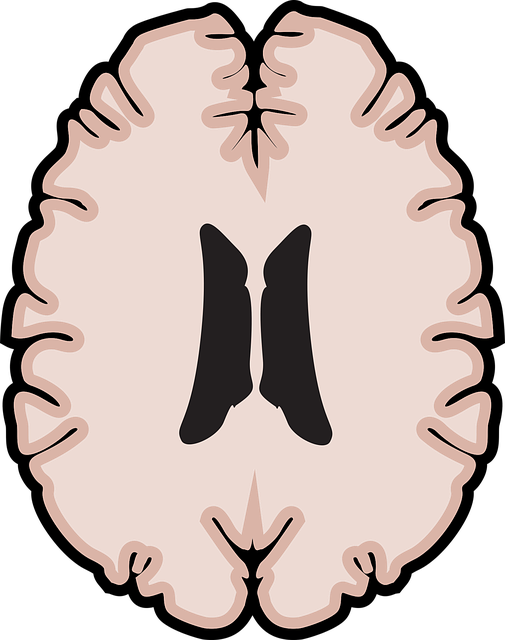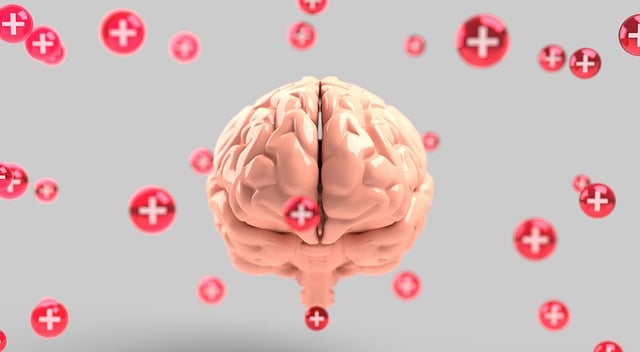Depression, a complex mental health condition, is addressable through Northglenn Conduct Disorder Therapy's unique approach. Caused by genetics, brain chemistry, life events, and medical conditions, it emphasizes preventive strategies like coping skills development, lifestyle changes, stress management techniques, and social connections. Their comprehensive program combines individual therapy, group support, education on healthy coping mechanisms, and Mental Health Policy Advocacy to empower individuals in managing and preventing depressive episodes, fostering long-term well-being.
Depression is a prevalent yet complex condition, affecting millions worldwide. In this article, we explore comprehensive strategies to prevent and manage depression, offering valuable insights for those seeking mental wellness. From understanding the root causes, such as genetic predisposition or traumatic events, to adopting lifestyle changes that promote resilience, we delve into effective solutions. Our focus includes highlighting Northglenn Conduct Disorder Therapy as a revolutionary approach, alongside building supportive networks and emphasizing the importance of professional help when needed.
- Understanding Depression and its Causes
- Lifestyle Changes for Better Mental Health
- Northglenn Conduct Disorder Therapy: A Comprehensive Approach
- Building a Support Network and Seeking Professional Help
Understanding Depression and its Causes

Depression is a complex mental health condition that significantly impacts an individual’s daily life and overall well-being. It goes beyond mere sadness or temporary mood swings; it’s characterized by persistent feelings of deep sorrow, loss of interest in activities once enjoyed, changes in appetite and sleep patterns, fatigue, difficulty concentrating, and in severe cases, thoughts of self-harm. Understanding the causes behind depression is crucial for effective prevention strategies.
Various factors contribute to the onset of depression, including genetic predisposition, brain chemistry imbalances, hormonal changes, stressful life events, trauma, and certain medical conditions. For instance, individuals in Northglenn with conduct disorder might face higher risks due to potential environmental influences and co-occurring mental health challenges. Enhancing mental health awareness and promoting coping skills development can play a pivotal role in depression prevention. By learning effective coping strategies, individuals can better manage stress, regulate emotions, and foster resilience, thereby reducing the likelihood of falling into a depressive episode.
Lifestyle Changes for Better Mental Health

Making lifestyle changes can significantly impact mental health and prevent depression. Encouraging regular physical activity, a balanced diet, and sufficient sleep are essential components of a holistic approach to well-being. Northglenn Conduct Disorder Therapy often emphasizes these adjustments as foundational steps towards managing and improving one’s mental state. Incorporating stress management techniques like mindfulness meditation can also help individuals cultivate resilience against depressive episodes.
Additionally, cultivating social connections and engaging in activities that bring joy and meaning are vital burnout prevention strategies for healthcare providers, who may be at a higher risk of developing depression due to their demanding professions. Public awareness campaigns development focused on these topics can further empower individuals to take proactive measures in maintaining their mental health.
Northglenn Conduct Disorder Therapy: A Comprehensive Approach

Northglenn Conduct Disorder Therapy takes a comprehensive approach to depression prevention, addressing underlying causes rather than merely treating symptoms. This strategy involves a multi-faceted intervention that combines individual therapy sessions, group support meetings, and education on healthy coping mechanisms. By focusing on communication strategies, participants learn to express their feelings effectively while developing skills to manage stress. The program also integrates Mental Health Policy Analysis and Advocacy, encouraging individuals to understand and assert their rights within the mental health system. Through this holistic approach, Northglenn Conduct Disorder Therapy aims to empower individuals with tools to prevent depression and promote long-term well-being.
Building a Support Network and Seeking Professional Help

Building a strong support network is an essential aspect of depression prevention. This includes surrounding yourself with understanding and compassionate individuals who can offer emotional support, practical help, and encouragement. In Northglenn, Conduct Disorder Therapy sessions provide a safe space for individuals to explore and address underlying issues contributing to their depression. These therapies also equip clients with coping strategies and skills to enhance their mental wellness.
Seeking professional help is a proactive step towards managing and preventing depression. Mental Wellness Podcast Series Production often highlights the importance of cultural sensitivity in healthcare practices, ensuring that therapists cater to diverse needs. Emotional regulation techniques taught during therapy sessions empower individuals to manage their mood, reduce stress, and maintain balance. By combining personal support networks with professional guidance, one can effectively navigate challenges and promote overall mental health.
Depression is a complex condition, but with the right strategies, prevention and early intervention are achievable. By adopting healthy lifestyle changes, such as regular exercise, mindfulness practices, and maintaining social connections, individuals can significantly reduce their risk. Northglenn Conduct Disorder Therapy offers a comprehensive approach, combining evidence-based treatments with personalized support to address underlying issues. Building a robust support network, including family, friends, and professional help, is crucial in managing and preventing depression. Remember, seeking assistance is a sign of strength, and with the right tools and resources, one can lead a fulfilling life, even in the face of mental health challenges.














